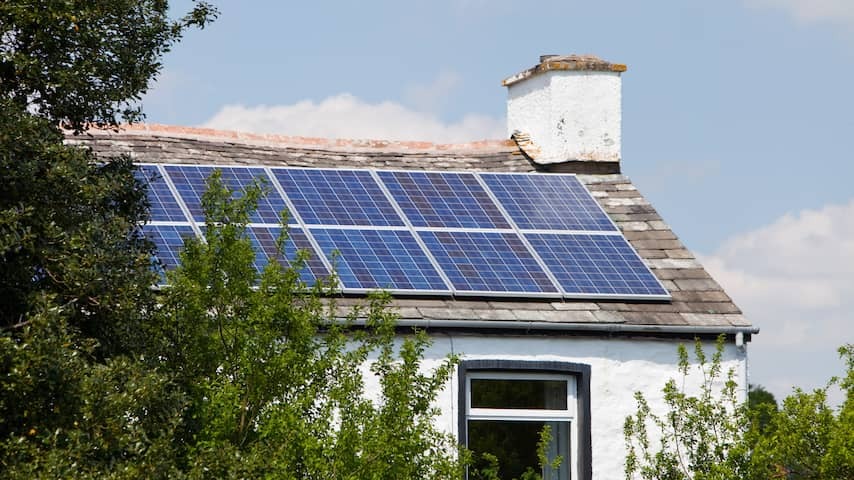
Due to the full energy grid, there is an increasing risk of power shortages in Dutch neighborhoods. Suppliers and grid operators are therefore encouraging the shifting of consumption, because they actually have abundant power during certain hours. Can you easily shift electricity consumption at home without making expensive investments?
Virtually all of the Netherlands struggles with a looming power shortage between 4:00 PM and 8:00 PM. This is when people come home from work and turn on all kinds of electrical appliances. The full energy grid can hardly handle that, and laying more power cables in the ground will take years. In the afternoon, there is a surplus of electricity, with dirt-cheap prices.
Suppliers are strongly encouraging households to take advantage of this. For example, they sell home batteries, which allow you to store energy at favorable times for later use. According to experts, you don’t have to make such a purchase that costs thousands of euros right away.
“You can already shift electricity consumption with a few small purchases,” says Hans de Kok of energy comparison site Pricewise. He advises smart plugs, which cost an average of 20 to 30 euros. “These plugs switch on appliances via a timer or smartphone app.”
De Kok specifically recommends smart plugs for electric boilers and instant hot water taps, if the connection allows for it. These appliances often heat water unnecessarily all day long. “Boilers are well insulated. If you heat water in the afternoon, you can shower in the evening.”
‘Set the air conditioning a little colder in the afternoon’
You can also use air conditioning to save on electricity costs. “Set the mobile and fixed air conditioning a little colder in a well-insulated living room or bedroom in the afternoon. The cold air will linger for a long time, so you don’t have to cool during peak hours in the evening,” says De Kok.
Air conditioners and heat pumps can often also heat, which saves gas in the fall and winter. The demand for electricity is highest during those months, so all the more reason to shift energy smartly. Infrared heating also makes it easy to shift electricity to cheaper hours.
Energy expert Martien Visser emphasizes that not all appliances work with smart plugs. “Test at home whether an appliance starts a program immediately,” he says. Modern washing machines and dishwashers often have a timer function, but older models do not.
You won’t get rich by shifting electricity consumption, says Visser. On average, expect to save 10 cents per wash.
‘Savings will be greater when the net metering scheme expires’
Households with solar panels have an extra reason to shift more electricity to the cheap hours. “The savings will be greater when the net metering scheme expires at the end of 2026,” says Visser. This scheme allows solar panel owners to offset returned electricity against their consumption. As a result, they now always get a good price for their solar energy.
After 2026, compensation from energy suppliers for returned solar power will likely be minimal, Visser expects. “Then you’d better use that own solar power yourself. You have to do that in the cheap hours at the beginning of the afternoon.”
If you can spend more money on shifting electricity in your home, it is best to choose a heat pump, charging station, or home battery. These are large electricity consumers that can shift the most energy smartly to cheap hours. Some appliances, such as solar water heaters, also heat the water themselves when the electricity price is low.